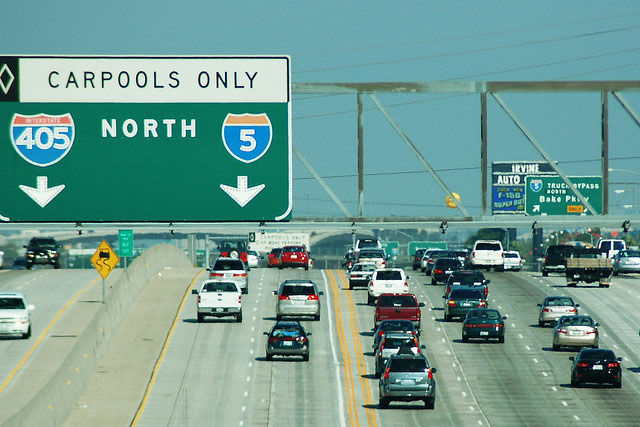
A new study by researchers at Brown University finds that living near a highway may increase the risk for high blood pressure.
The researchers reviewed data from the Women’s Health Initiative, a long term study funded by the National Heart, Lung and Blood Institute, on 5,400 post-menopausal women in San Diego. The study, published in the Journal of the American Heart Association, looked at personal and demographic data including where the women lived and their blood pressure. The researchers found that women who lived within 100 meters of a highway or major arterial road had a 22 percent greater risk of hypertension than women who lived at least 1,000 meters away. Put another way, a 58-year-old woman living near a highway had the risk for high blood pressure of a 60-year-old woman living far away from one.
The researchers took the data and used mapping software to measure the distance from each woman’s home to the closest highway.
The researchers say the study does not show that the proximity to the highway definitively causes hypertension, only that there is an association, nor does it show why one affects the other. Possible reasons include air pollution and noise, both of which have been implicated in heart disease.
“The public health message is that we need to take into consideration the health of the population when planning neighborhoods, when planning transportation systems, and when deciding where new highways are going to go, and how we might be able to mitigate traffic or its effects,” says Gregory Wellenius, assistant professor of epidemiology in the Brown University School of Public Health and a lead author of the study. “There are a lot of new developments going up right near highways. One has to start thinking about…the associated health effects with that.”





